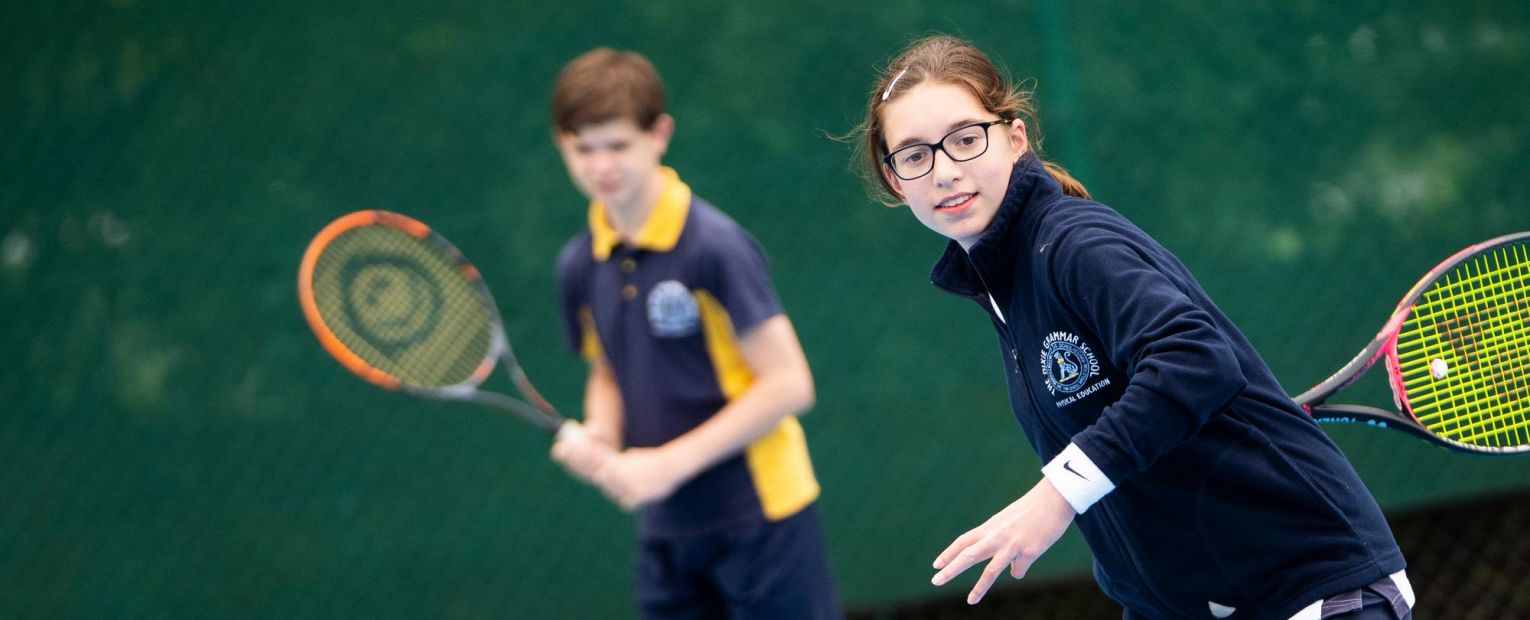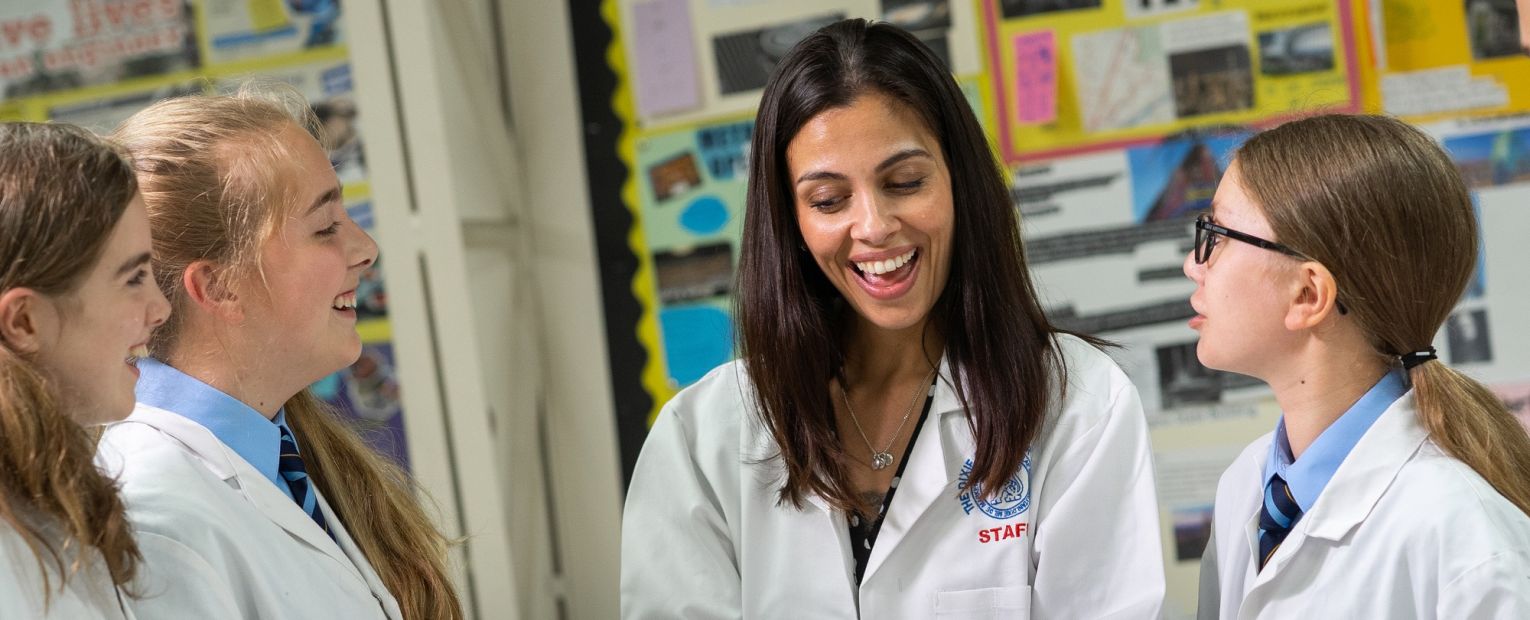Nursery And Junior School
Through encouragement and praise pupils learn to be responsible for their own achievements and behaviour. In order to support on-going verbal and non-verbal praise we operate a system of more tangible awards: –
Merit And Effort Badges
Each week, in a whole school assembly, badges are awarded to children for academic excellence, good behaviour or overall effort. A Merit Badge goes to the child in each class who has gained the most merit stamps over the week and an Effort Badge is allocated at the discretion of the class teacher.
As well as a weekly reward, these merit stamps are totalled and, when a child has collected the number of merits listed below, he/ she will receive a badge to wear for the year to recognise that achievement.
| 350 merits | bronze badge |
| 550 merits | silver badge |
| 750 merits | gold badge |
| 1000 merits | platinum award |
At the end of each term a Term Merit Shield is awarded to the child with the most merits in each class and this is kept at home for the next term. At the end of the year the child in each class who has gained the most merits is awarded the Year Merit Shield. This is awarded at Speech Day at the end of the academic year.
Gold Book Assembly
A Gold Book of the children’s academic achievement is kept by their teacher. Names and reasons for awards (e.g. exceptionally neat work) are then announced during our weekly Gold Book Assembly and the children are presented with a certificate recognising their achievement. Children are encouraged to display their work to the rest of the School. The names of the children, and the reasons why they have been entered into the Gold Book, are then displayed on the Gold Assembly Board in the School Hall.
Pupils who are successful in educational competitions, the London Academy of Music and Dramatic Art (LAMDA,) the Associated Board of the Royal Schools of Music (ABRSM) sports competitions or external activities are also recognised and congratulated in this assembly.
Senior School
Students work hard, achieve and are rewarded with credits, which are recorded in their Student Planner. They are awarded for outstanding effort, work, achievement or behaviour.
Total number of credits required for Bronze, Silver, Gold and Platinum Awards:
| Years 6 and 7 | 50 Bronze, 120 Silver and 200 Gold |
| Years 8 and 9 | 35 Bronze, 80 Silver and 135 Gold |
| Years 10 and 11 | 20 Bronze, 50 Silver and 80 Gold |
All awards are presented by the Headmaster or Deputy Heads in assembly and credits also count towards House points.
Progress Grades/Reports And Parents’ Evenings
Nursery And Junior School
Reports And Parents’ Evening
Parents are encouraged to contact members of staff should there be any concerns regarding their child and not to wait for a formal, timetabled meeting.
There is a Parents’ Evening and a written report each term. Parent evenings will be timetabled in slots of 10 minutes. If you, or the teacher, feel that this will be insufficient time to discuss fully any comments, another appointment can be arranged at a mutually convenient time. Comments on the report will be focused on aspects of students’ progress and targets attained. As well as praising success, reports will also suggest any areas for improvement.
Open Classrooms
Each term there is an Open Classroom when the children invite their parents or guardians to visit their classroom and view their work.
Senior School
Reports
Reports are written twice a year for each student in Years 6, 7, 8, 9 and 10. The first of these is sent out at the end of the Autumn Term (Year 8, 9 and 10) or at the end of the Spring Term (Years 6 and 7). The second report for all students in these year groups is sent out at the end of the academic year.
For students in Year 11 you will receive a written report in February after the completion of mock GCSE examinations.
Sixth Form students receive a single written report each year at the end of the Spring Term. Each report is accompanied by a reply slip on which you are your child are invited to make comments and suggest targets for future progress.
Grade Reports
At half term a grade report is compiled for each student. For each subject a grade (A-E) and a number (1-5) indicate the levels of attainment and effort respectively. grade criteria are printed on reverse of each grade report.
Parents’ Evenings
Each academic year there is one formal opportunity to meet with your child’s teachers to discuss progress. The dates and time of these evenings are printed in the school calendar and are also viewable on the website. You will receive a letter and appointments booking sheet well before the date of your child’s designated evening.
For students in Years 6, 7, 8 the evenings are intended for parents only and children should not attend. For students in Year 9 and above, where possible, it is desirable for both parents and students to attend,





